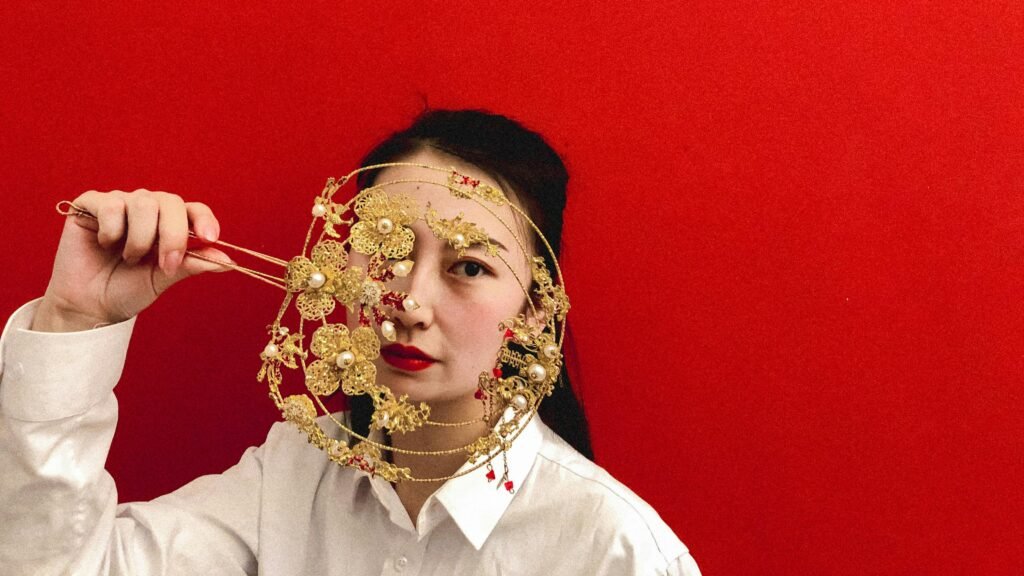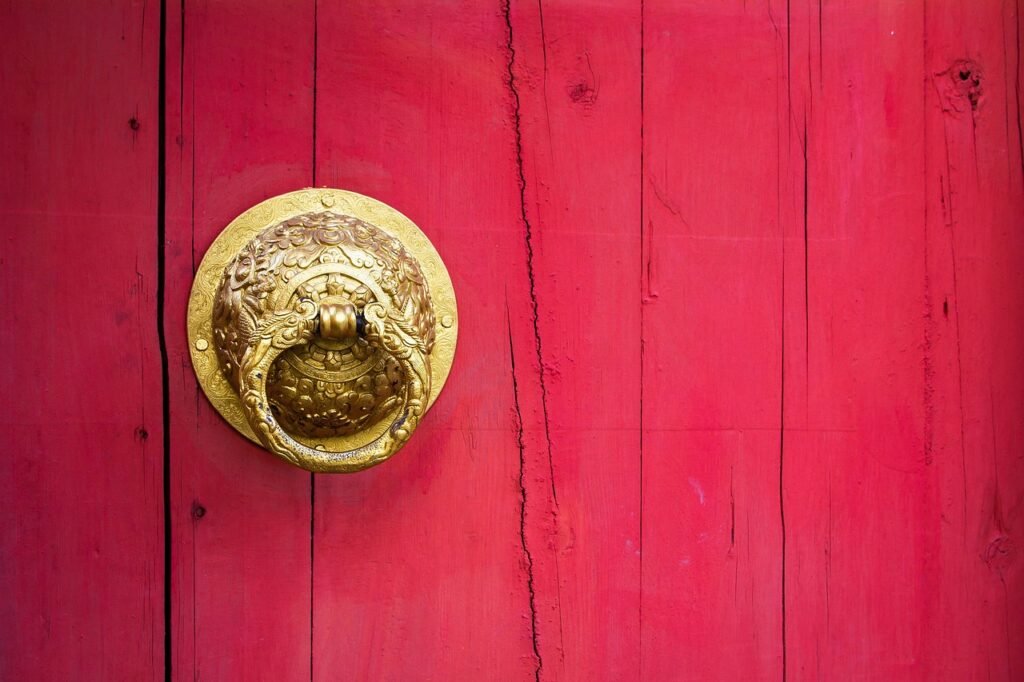
The Role of Gold in Chinese Culture and Its Market Impact
Gold holds a significant cultural and financial position in China, especially during the Chinese New Year. During this festive season, intricately designed 24-carat gold jewelry, often featuring zodiac symbols, is highly sought after. These pieces are prized not only for their aesthetic appeal but also for their lasting investment value.
A Historical Connection to Gold
Gold’s importance in Chinese culture dates back to the Han Dynasty (206 BC–220 AD). However, its demand truly flourished during the Six Dynasties period (222–589 AD), coinciding with the spread of Buddhism. During this time, gold became central to religious practices, with worshippers creating gold offerings and constructing golden pagodas and Buddha statues as symbols of devotion.
China: The World’s Largest Gold Market
Today, China is the largest single market for gold globally. This is driven by a growing middle class and an increasingly affluent society. Gold is seen as a symbol of financial wisdom, representing both stability and good fortune. For many, purchasing gold reflects a belief in sound financial planning and is a means to secure future prosperity.
A Strategic Approach to Gold Investment
In China, gold is viewed as a long-term investment that retains and grows in value over time. Price dips are often considered opportunities to buy, showcasing a collective confidence in gold’s enduring value.
Conclusion
From its historical roots in Chinese culture to its modern-day significance, gold continues to play a vital role in both tradition and investment. Its dual appeal as a symbol of wealth and a reliable financial asset ensures that gold remains a cornerstone of Chinese society.
China Gold Resurgence
🚀 China’s Gold Rush: November’s Big Comeback and Global Ripples China, the world’s largest gold…
Gold ❤️ Diamonds: A Journey Through China’s Luxury Market – PART 2
Part 2: **The Rise of Self-Purchasing: Diamonds as Self-Expression** 🌟 In a remarkable cultural shift,…
Gold ❤️ Diamonds: A Journey Through China’s Evolving Luxury Landscape
Part 1 of 5 : **China’s Luxury Boom: Diamonds in the Spotlight** 💎 China is…
Giant China Gold Discovery
🏔️ China’s Gold Discovery: A Game-Changer for the Global Gold Market China has just struck…
China Gold 2025
📝 China’s Gold Market Outlook for 2025: Key TakeawaysChina’s gold market is heading into 2025…





